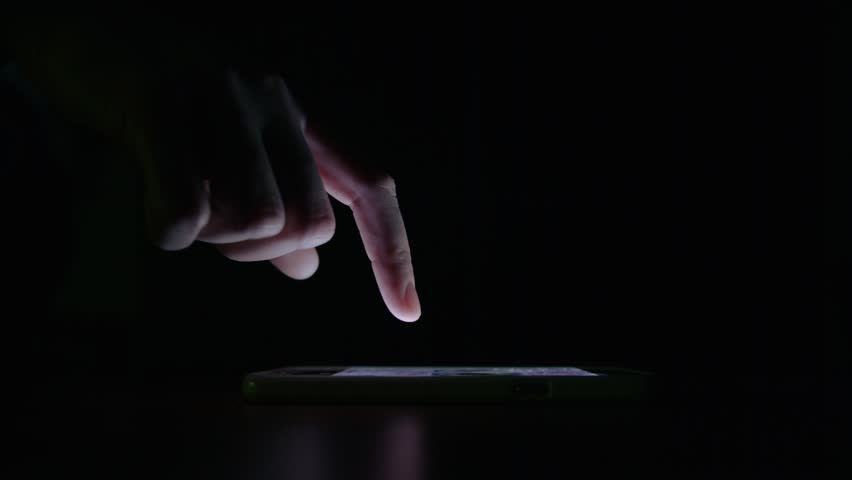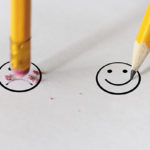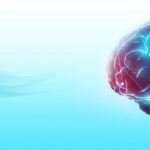New research provides a contrasting conclusion on the health effects of exposure to blue light. According to researchers at the University of Manchester, dim, cooler lights might not be as disruptive for sleep quality as previously thought.
The findings, published in the peer-reviewed journal Current Biology, targeted rodents’ body clock utilizing a specially-designed lighting for moderating color without altering brightness.
In the body clock, brightness is measured using melanopsin, a specialized light sensitive protein in th eye. At the aborning stage of the study, researchers theorized that blue light may induce a stronger effect on the clock. However, the new findings suggest a contrasting notion: such light color could lessen the impact on light on the clock.
“There is lots of interest in altering the impact of light on the clock by adjusting the brightness signals detected by melanopsin but current approaches usually do this by changing the ratio of short and long wavelength light; this provides a small difference in brightness at the expense of perceptible changes in colour,” said Timothy Brown, co-author of the study.
“We show the common view that blue light has the strongest effect on the clock is misguided; in fact, the blue colours that are associated with twilight have a weaker effect than white or yellow light of equivalent brightness.”
“Our data thus establish how color contributes to circadian entrainment in mammals and provide important new insight to inform the design of lighting environments that benefit health,” the findings detailed.
“Our findings suggest that using dim, cooler, lights in the evening and bright warmer lights in the day may be more beneficial.”


